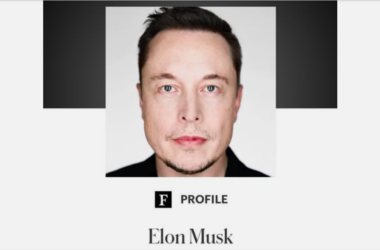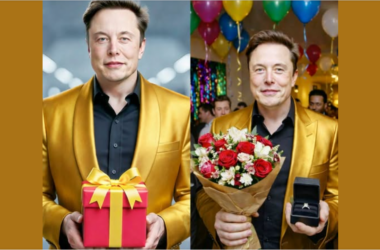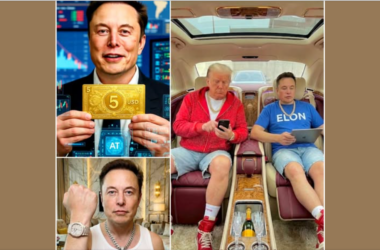When Elon Musk’s young son—nicknamed “Little X”—reached out to shake hands with a humanoid robot, it wasn’t just an adorable moment.
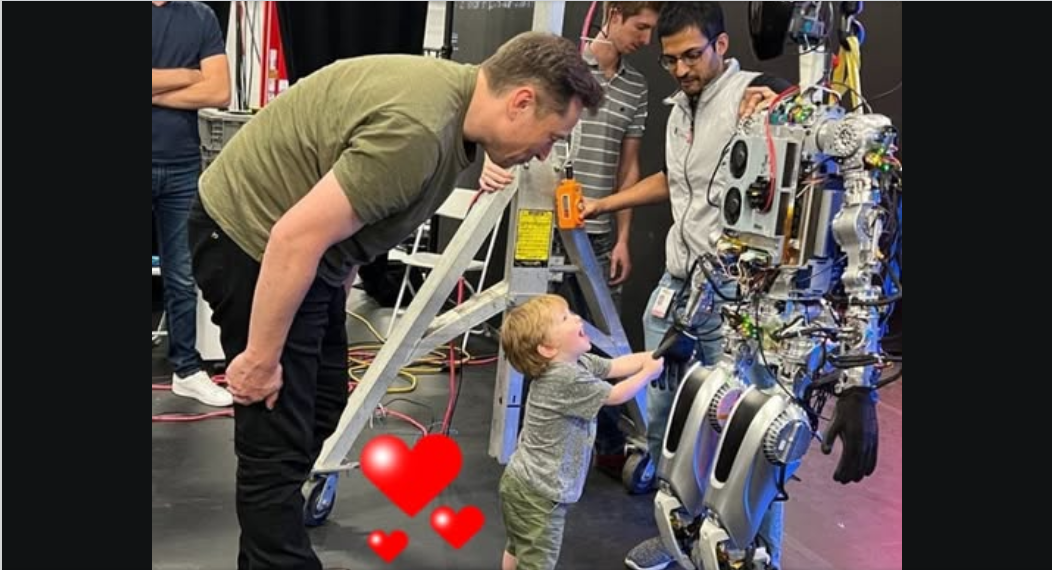
It was a signal.
A glimpse of something far deeper. A reminder that the future isn’t coming — it’s already here. And the next generation is meeting it face-to-face.
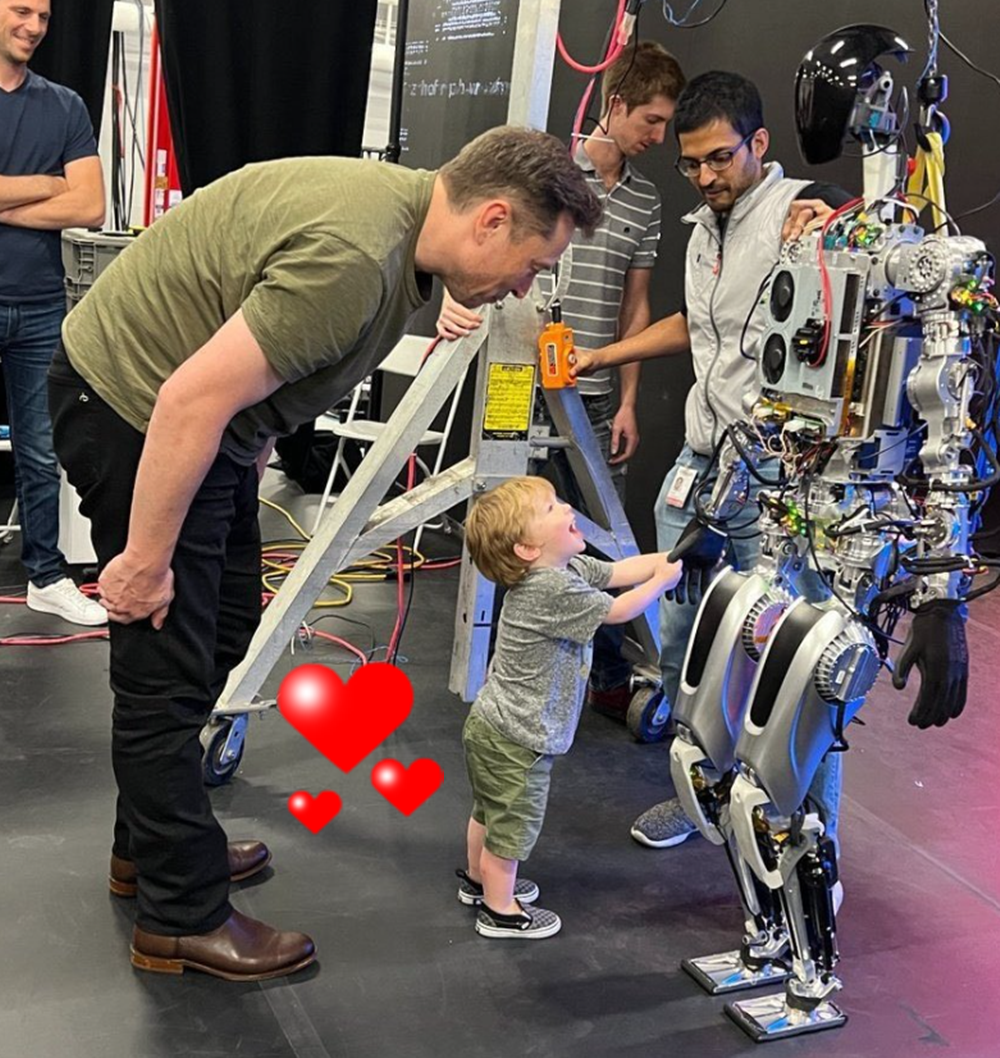
🤖🚸 Innovation Starts Young
In a now-viral clip from one of Musk’s private Tesla events, viewers watched as X Æ A-12 Musk walked up to a sleek, blinking Tesla Optimus robot. Instead of fear or hesitation, the child reached out, smiled, and treated the machine like any other friend.
Observers around the world were stunned—not because a robot responded to a child—but because of how natural the moment felt.
“That child doesn’t see a robot,” one commentator wrote. “He sees potential. A playmate. A partner. The next step.”
🌍 What Does It Mean When A Child Befriends A Machine?
To some, it’s a PR moment. To others, it’s a warning sign.
But to Elon Musk and a growing number of futurists, this moment is hope. A symbol that children raised around innovation won’t fear it—they’ll shape it.
Instead of resisting technology, they’ll collaborate with it.
Instead of asking “What does this machine do?” they’ll ask “What can we build together?”
👶💡 A Future Raised Among Robots
Musk has long said that the biggest danger isn’t AI itself—but unpreparedness. The world that his children will inherit is one filled with smart machines, digital assistants, and possibly interplanetary travel.
By allowing his son to grow up around robots, AI engineers, and autonomous systems, Musk is doing something radical:
He’s normalizing the future.
Little X won’t need to adjust to a world of AI—he’ll already belong in it. And if he embraces it with kindness and curiosity, perhaps other children will follow.
🧠🌟 When the Future Meets the Future
The encounter between Elon Musk’s son and the Tesla robot was short. But it left the world with a powerful question:
If our children grow up seeing robots not as threats—but as teammates—what kind of world could they build?
Because innovation isn’t just about machines.
It’s about who we raise to use them.
